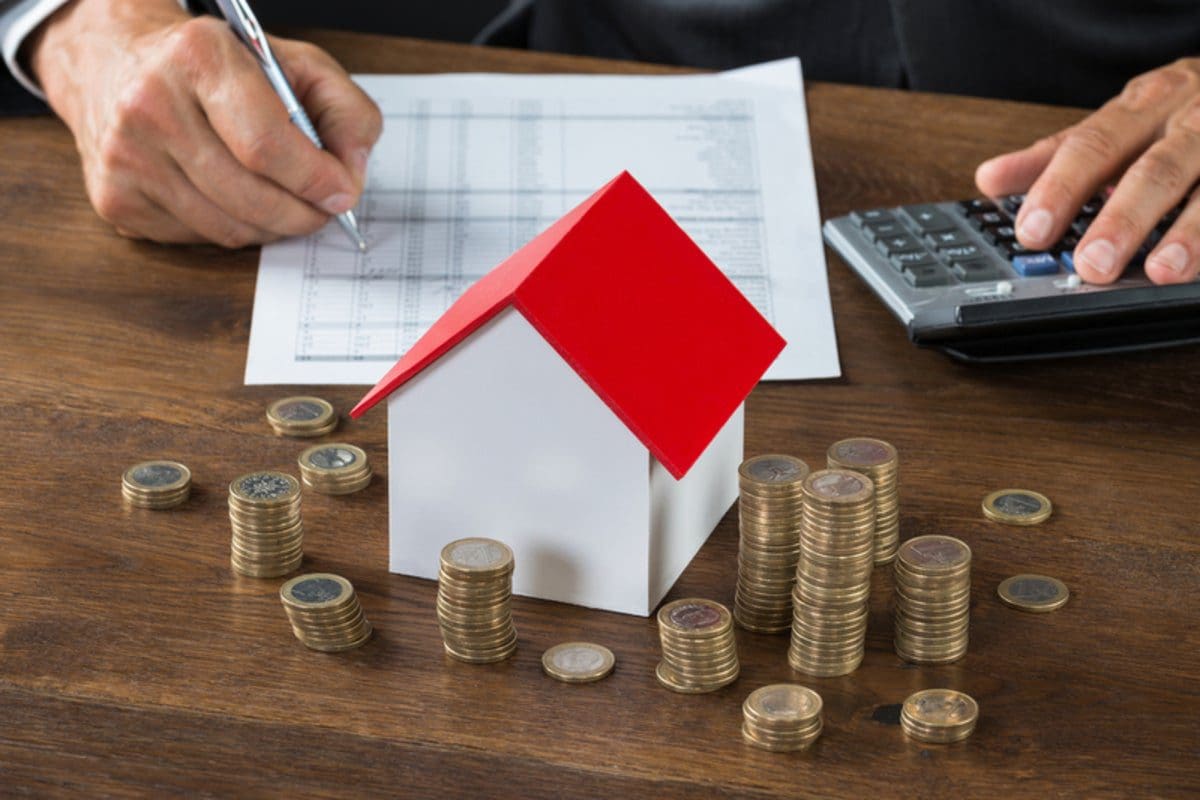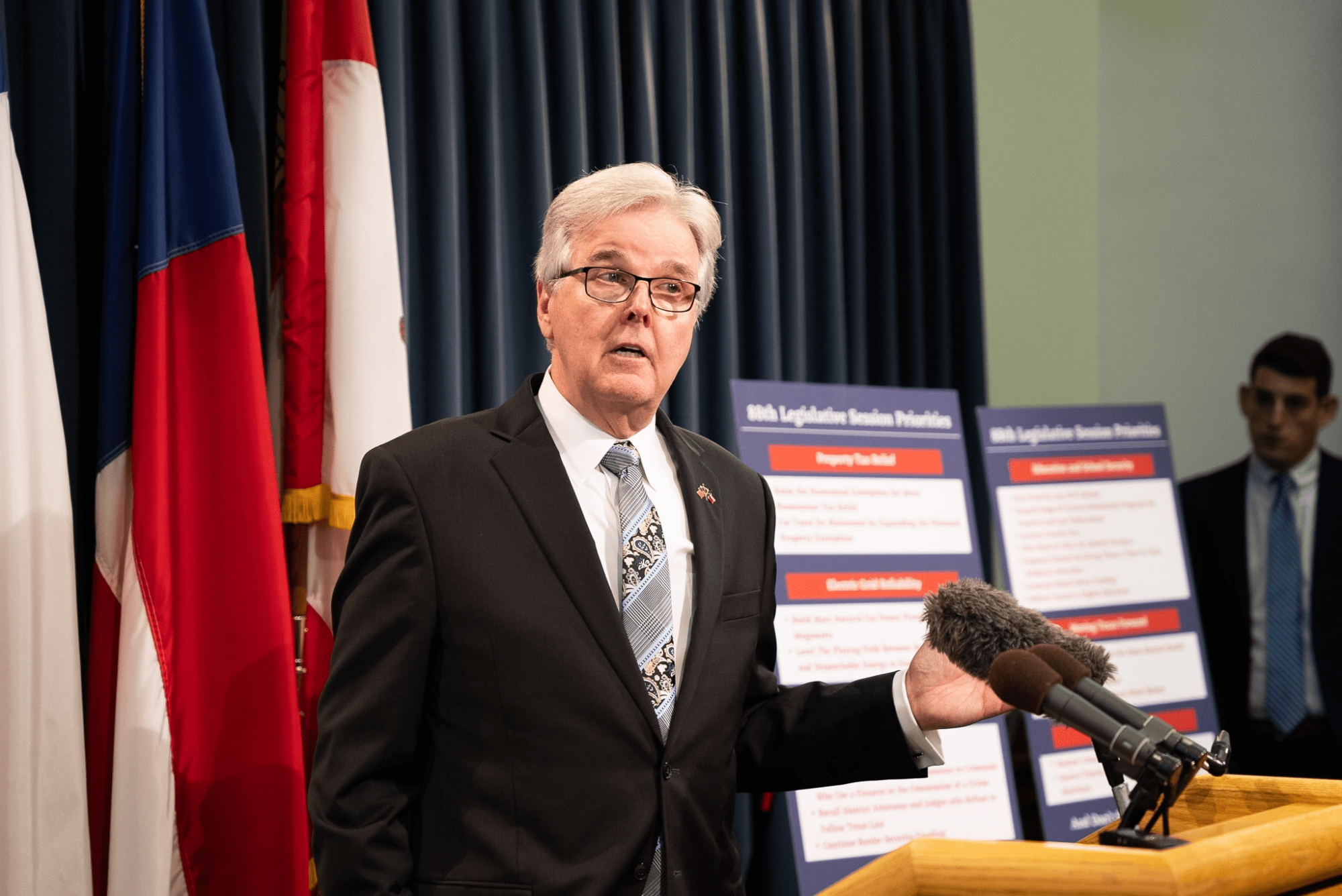We’re still a year away from the Texas Legislature’s new property tax reform law taking effect, but taxpayers in one Texas county are already trying it out, only to be left disappointed.
Signed into law by Gov. Greg Abbott this summer, Senate Bill 2 gives voters a greater say on their property tax bills by limiting the amount their local officials can raise them without permission.
Prior to the passage of the law, cities and counties could raise property taxes up to 8 percent year to year, without asking citizens. Beyond an 8 percent hike, they were subject to citizens organizing a petition drive and forcing an election to reject the tax increase.
SB 2 lowered that threshold from 8 percent to 3.5 and made an election automatic, but local governments can still raise taxes. They just need permission for increases above 3.5 percent.
The law doesn’t go into effect until 2020, but the pioneers in my county government—Williamson County—decided to adopt it early. This seemed like a pretty good idea for me, someone who recently became a homeowner and is now more intimately familiar with the painful burden of property taxes.
I thought the new law would force them to pare back their planned tax increase in a significant way.
It didn’t.
As it turns out, I’ll still be paying significantly more in spite of the Williamson County Commissioners Court adopting a rate within the confines of SB 2.
Estimates show the result of the rate they adopted will mean that the average Williamson County homeowner will be on the hook for roughly $45 more next year for their county government. That’s on top of our existing tax burden, which is one of the highest in the state.
Perhaps I knew this was coming, academically. After all, 3.5 percent growth is still growth; it’s there in black and white in SB 2. And to be fair to the bill’s author, State Sen. Paul Bettencourt (R-Houston), the bill was sold as a helpful reform, never as the be-all and end-all “big fix.”
In a presentation he made after the session, Bettencourt estimated the average Texas homeowner would see their tax bill increase $74.07 over last year. The “victory” is that it was otherwise going to go up by $211.86.
I’m not sure I agree with Lt. Gov. Dan Patrick, who says we should be ecstatic over this result of their “Super Bowl” legislative session. Frankly, this is an outcome more akin to not even making the playoffs—an outcome telling me perhaps we need a change of coaching personnel.
The truth is, it’s not sufficient for Texas taxpayers to watch our tax system reformed from outright horrendous to just a tad bit less so. It’s not enough for Texas taxpayers, who are taxed enough already, to be taxed just a little more instead of a lot.
It is clear elected officials must prioritize real and tangible tax relief.
In the coming elections, I’m not going to be looking for politicians who tell me I should be happy with more tax reform. I’m not enthused about those who effectively say, “Cary, property taxes are out of control. I will lead the fight to ensure your county taxes continue to go up at a slower rate.”
I’m not excited about folks who say, “Are you taxed enough already? Vote for me and I’ll ensure you’re taxed only a little bit more.”
I am going to be looking for candidates making public commitments to demand and fight for honest-to-goodness tax relief where my tax bill (and tax burden) actually goes down.
I’ve tried property tax reform, and now I know more than ever that I want property tax relief. And I think most Texans feel the same.





